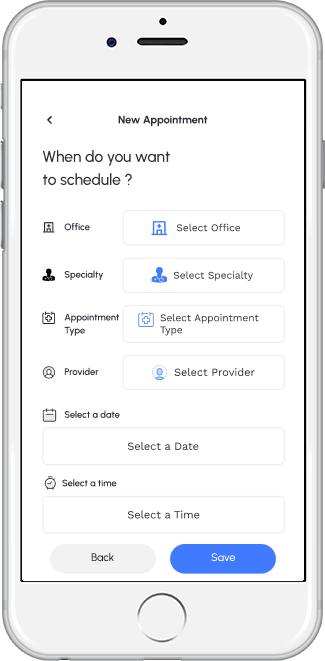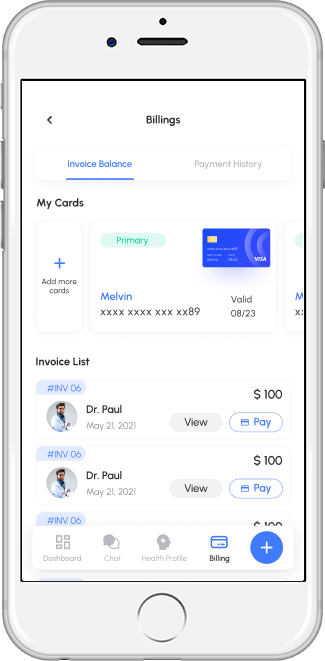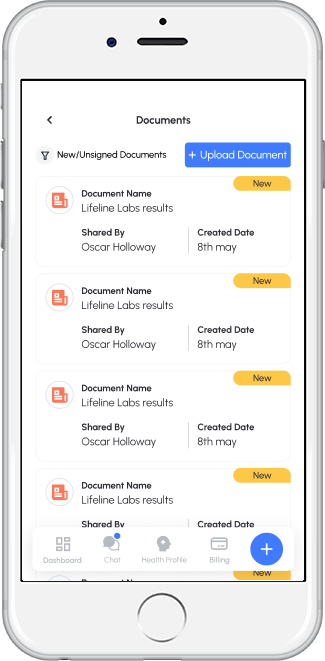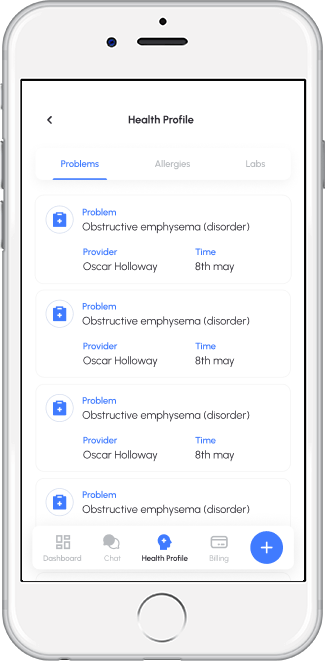Healthcare Mobile App Development
Build Secure, Scalable & HIPAA-Compliant Healthcare Mobile Apps
We specialize in end-to-end healthcare mobile app development, ensuring HIPAA compliance, seamless EHR integrations, and intuitive user experiences for both patients and healthcare providers.
Healthcare Mobile App Development
Build Secure, Scalable & HIPAA-Compliant Healthcare Mobile Apps
We specialize in end-to-end healthcare mobile app development, ensuring HIPAA compliance, seamless EHR integrations, and intuitive user experiences for both patients and healthcare providers.

User-Centric Design
Intuitive interfaces for patients & doctors
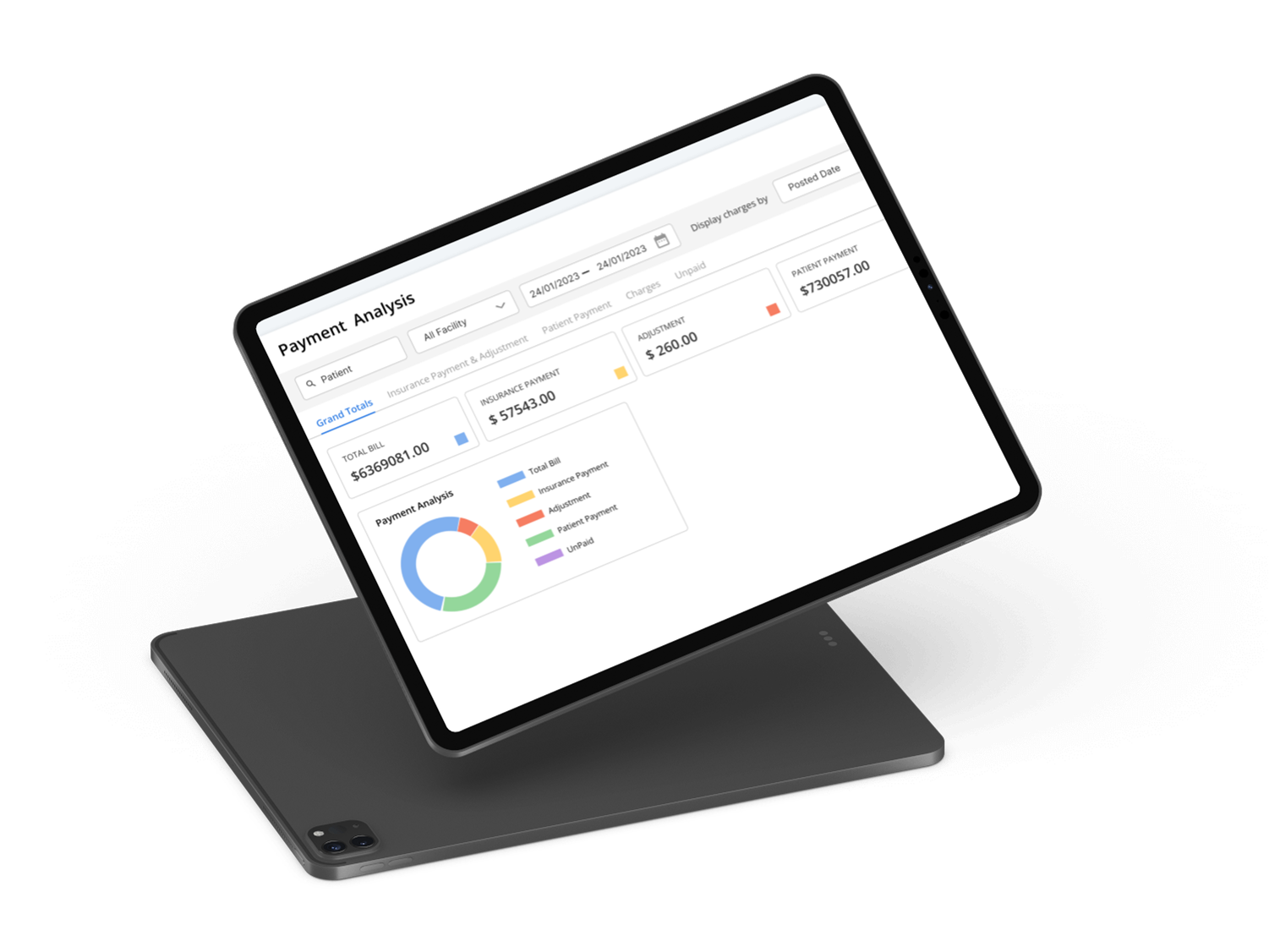
End-to-End Data Security
HIPAA-compliant encryption & two-factor authentication
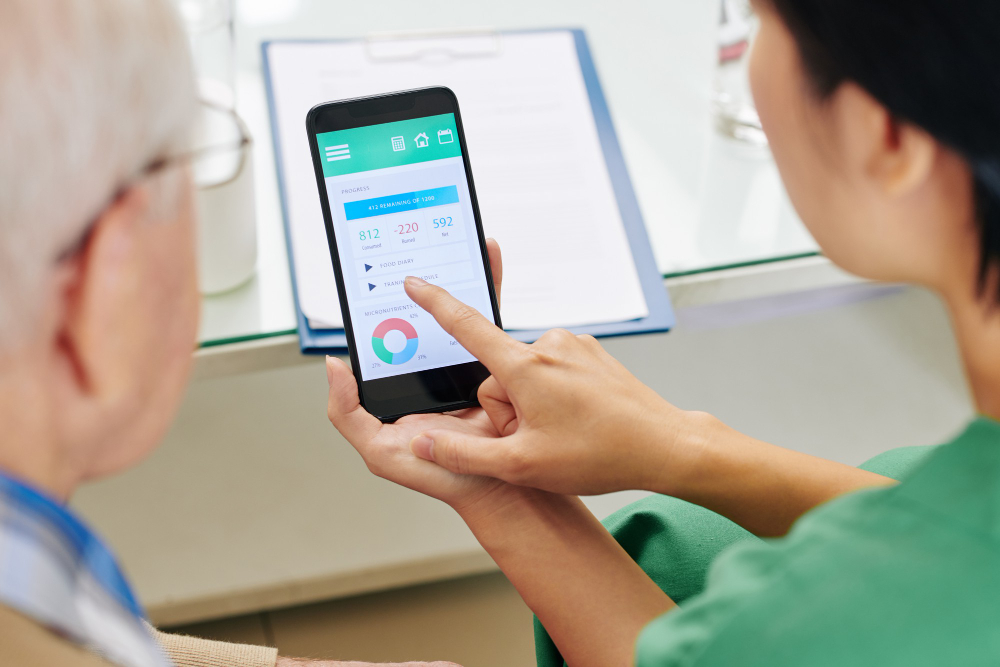
Seamless System Integrations
EHR, IoT medical devices & third-party APIs
Why Choose Us for Healthcare Mobile App Development?
– HIPAA, HITECH & FDA Compliance – Avoid costly legal risks with built-in regulatory compliance
– Seamless EHR & Telehealth Integration – Works with Epic, Cerner, Meditech, HL7 & FHIR APIs
– Cross-Platform Development – Build for iOS, Android & Web with React Native, Flutter & Kotlin
Types of Mobile App we Develop
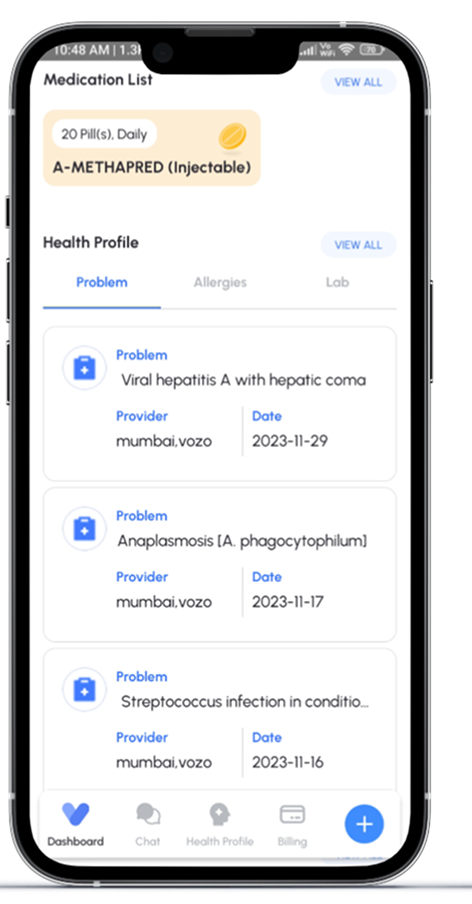
Healthcare Mobile App Development FAQs
1. How much does it cost to develop a healthcare app?
The cost of developing a healthcare app varies based on factors like features, complexity, compliance requirements, and development team location.
On average:
- Basic healthcare apps: $40,000 – $80,000
- Mid-range apps: $80,000 – $200,000
- Complex apps: $200,000 – $500,000+
Costs also depend on UI/UX design, third-party integrations, and post-launch maintenance.
2. Do healthcare apps require FDA approval?
Not all healthcare apps need FDA approval. It depends on whether the app is classified as a medical device under FDA regulations.
- FDA approval is required if the app provides medical diagnoses, treatment recommendations, or influences clinical decisions.
- FDA approval is not required if the app is used for general wellness, patient education, or administrative purposes.
3. How long does it take to develop a healthcare app?
Development time depends on the app’s complexity, regulatory requirements, and team size:
- Basic healthcare apps: 3–6 months
- Mid-level apps with EHR integration or telehealth features: 6–12 months
- Advanced apps requiring AI, IoT, or FDA compliance: 12–24 months.
Regulatory approvals and security compliance (HIPAA, GDPR, FDA) can extend timelines.
4. Do health apps need to be HIPAA compliant?
Yes, if the app stores, transmits, or processes Protected Health Information (PHI) of U.S. patients, it must be HIPAA compliant.
This includes apps for telemedicine, EHR access, patient portals, and remote monitoring. However, wellness and fitness apps that do not handle PHI (like step counters or meditation apps) do not need HIPAA compliance.
5. What are the key features of a healthcare mobile app?
The essential features depend on the app’s purpose, but common functionalities include:
- User Authentication & Security
- Telemedicine & Video Consultations
- EHR/EMR Integration
- Appointment Scheduling & Reminders
- e-Prescriptions & Medication Tracking
- AI & Chatbots for Symptom Checking
- IoT & Wearable Device Integration
6. What technologies are used in healthcare app development?
Developing a healthcare app requires a combination of technologies, including:
- Programming Languages: Swift, Kotlin, React Native, Flutter
- Backend Development: Node.js, Python, Java, Firebase
- Cloud Platforms: AWS, Google Cloud, Microsoft Azure
- Database Management: PostgreSQL, MongoDB, Firebase
- Security & Compliance: Blockchain, AES encryption, OAuth 2.0
- Third-Party APIs: HL7, FHIR, Apple HealthKit, Google Fit


